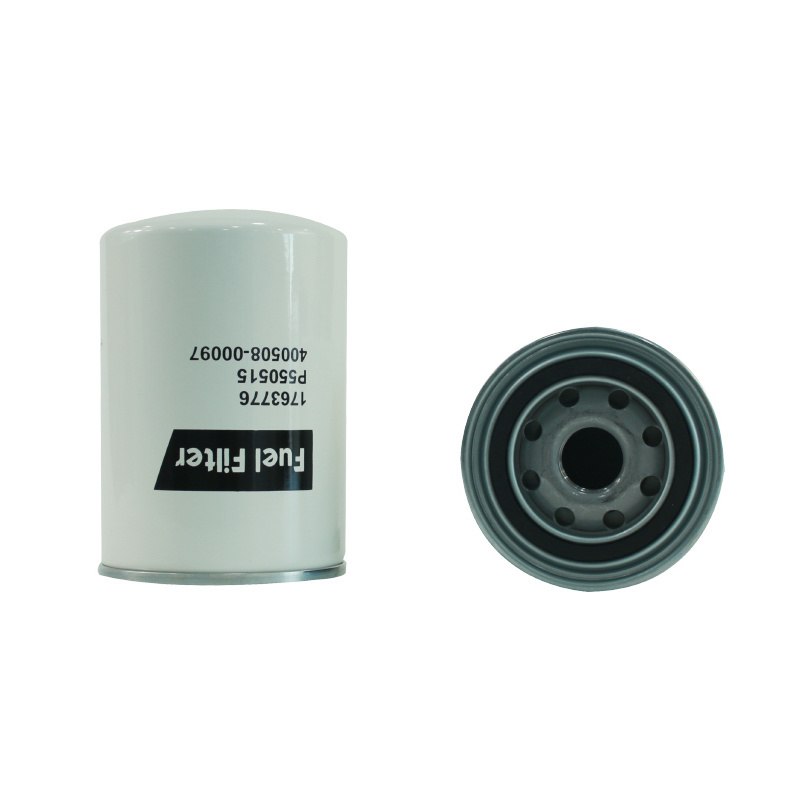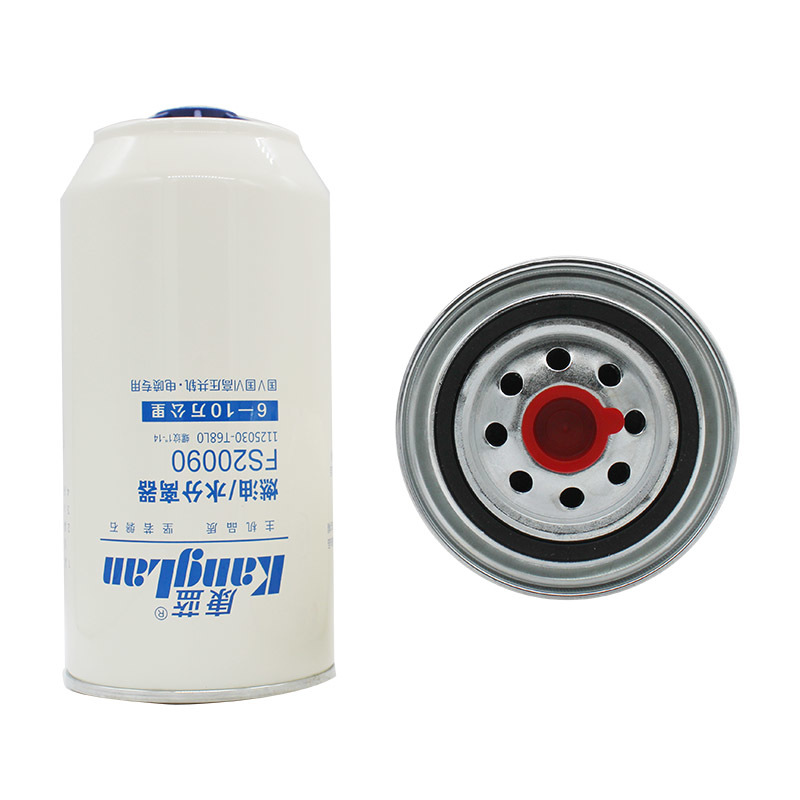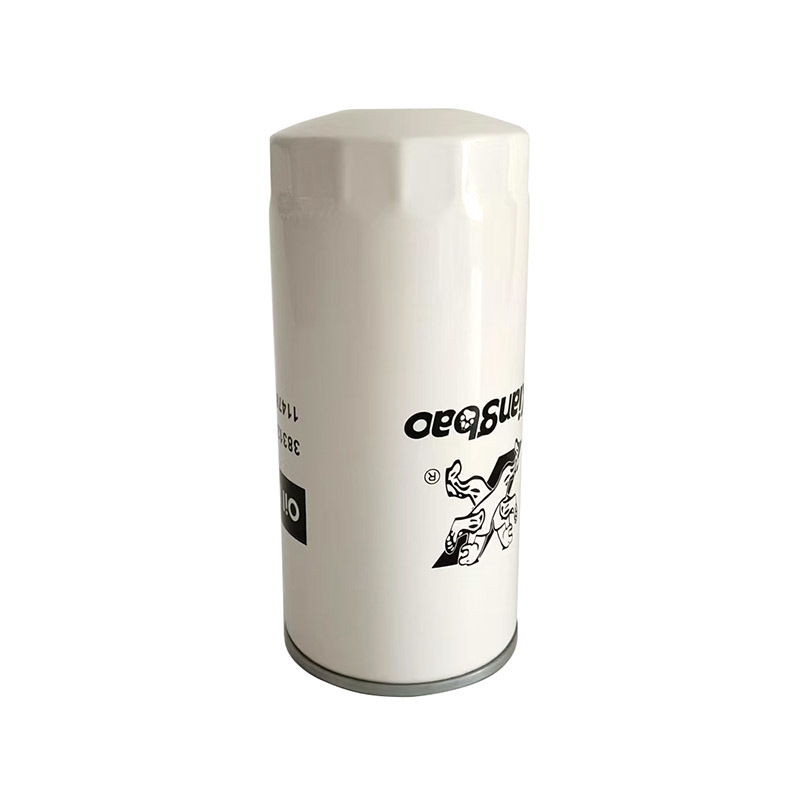Welcome to Hebei Takai Vehicle Parts Technology Co., Ltd.
Maximize Engine Performance with Quality Light Truck Fuel Filters
Release Time:
Aug 14,2025
Maximize Engine Performance with Quality Light Truck Fuel Filters Understanding the Importance of Fuel Filters in Light Trucks Fuel filters are essential components of any light truck, playing a crucial role in maintaining engine performance. They serve as barriers, preventing contaminants from entering the fuel system. These contaminants can include dirt, rust, and other debris that can compromis
Maximize Engine Performance with Quality Light Truck Fuel Filters
Understanding the Importance of Fuel Filters in Light Trucks
Fuel filters are essential components of any light truck, playing a crucial role in maintaining engine performance. They serve as barriers, preventing contaminants from entering the fuel system. These contaminants can include dirt, rust, and other debris that can compromise the functionality of the engine. By ensuring that only clean fuel reaches the engine, quality light truck fuel filters optimize combustion, leading to improved efficiency and performance.
What Makes a Quality Light Truck Fuel Filter?
When considering fuel filters, several factors contribute to their quality. Here are key attributes that distinguish high-quality filters:
1. Filtration Efficiency
A superior fuel filter offers high filtration efficiency, effectively trapping even the smallest particles that can harm the engine. Look for filters that provide a micron rating, indicating their ability to remove contaminants from the fuel.
2. Durability and Longevity
Quality filters are built to withstand the rigors of the trucking environment. They should resist corrosion and be constructed from durable materials that last over extended periods, minimizing the need for replacements.
3. Compatibility
Ensure the fuel filter is compatible with your specific light truck model. Using the right filter guarantees optimal performance and avoids potential damage to the fuel system.
4. Flow Rate
A quality light truck fuel filter should maintain an adequate flow rate. This ensures that your engine receives enough fuel without any interruptions, which is vital for seamless operation.
How Fuel Filters Affect Engine Performance
The performance of a light truck's engine is intricately linked to its fuel filter. Here's how quality filters contribute to enhanced engine performance:
1. Improved Fuel Efficiency
When fuel filters are unclogged and functioning properly, they improve fuel flow, which can lead to better fuel efficiency. Engines working with quality filters can maximize their potential, reducing fuel consumption and saving costs.
2. Enhanced Engine Power
Clean fuel is essential for optimal combustion. Quality filters ensure that the fuel reaching the engine is free of contaminants, resulting in increased power output and responsiveness. This is particularly important for light trucks that are often used for heavy-duty tasks.
3. Reduced Emissions
By ensuring complete combustion, quality fuel filters help reduce harmful emissions. This not only benefits the environment but also helps trucks meet stringent regulatory standards for emissions.
Signs of a Failing Fuel Filter
Understanding the signs of a failing fuel filter can help you take proactive measures to maintain your light truck’s performance. Here are common indicators:
1. Engine Performance Issues
If you experience sluggish acceleration, stalling, or difficulty starting the engine, these could be signs of a clogged fuel filter. Reduced fuel flow hinders engine performance.
2. Decreased Fuel Efficiency
A noticeable drop in fuel efficiency could signal that your fuel filter is not allowing enough fuel to reach the engine. This leads to overcompensation by the engine, resulting in higher fuel consumption.
3. Unusual Noises
Listening for unusual noises from the fuel tank or engine can indicate a problem with the fuel filter. A clogged filter may cause the fuel pump to work harder, leading to increased noise levels.
4. Warning Lights
Modern light trucks often have onboard diagnostics that trigger warning lights when there are issues in the fuel system. If your dashboard displays a warning light related to fuel delivery, consider checking the fuel filter.
Maintenance Tips for Long-Lasting Fuel Filters
Proper maintenance is essential to ensure your light truck’s fuel filter performs optimally. Here are some maintenance tips:
1. Regular Inspection
Inspect your fuel filter regularly for signs of wear or clogging. Look for discoloration or any debris accumulation that could affect its performance.
2. Follow Manufacturer Recommendations
Adhering to the manufacturer’s recommended fuel filter replacement schedule is crucial. Regular replacements help maintain engine performance and prolong the life of your light truck.
3. Use Quality Fuel
Using high-quality fuel can prevent excessive buildup of contaminants in the fuel filter. Choose reputable fuel brands to ensure cleaner fuel delivery.
4. Keep the Fuel System Clean
In addition to changing your fuel filter, consider using fuel system cleaners periodically. These products help maintain a clean fuel system and can enhance the longevity of your fuel filter.
Choosing the Right Light Truck Fuel Filter
Selecting the right fuel filter for your light truck is vital for ensuring optimal performance. Here’s what to consider:
1. OEM vs. Aftermarket Filters
Evaluate whether to use Original Equipment Manufacturer (OEM) filters or aftermarket options. OEM filters are designed specifically for your vehicle's make and model, ensuring a perfect fit and performance.
2. Reviews and Recommendations
Research various brands and models of fuel filters. Read reviews and customer feedback to gauge the performance and reliability of different options.
3. Price vs. Quality
While it may be tempting to choose cheaper filters, investing in quality fuels filters often pays off in the long run through improved performance and reduced maintenance costs.
FAQs About Light Truck Fuel Filters
1. How often should I replace my light truck fuel filter?
It's recommended to replace your fuel filter every 20,000 to 30,000 miles, but always refer to your truck's owner manual for specific guidelines.
2. Can a clogged fuel filter cause engine failure?
Yes, a clogged fuel filter can lead to inadequate fuel delivery, which may result in engine stalling or failure to start.
3. Are aftermarket fuel filters reliable?
Many aftermarket fuel filters are reliable, but it’s essential to choose reputable brands and check compatibility with your vehicle.
4. What should I do if my fuel filter is clogged?
If you suspect your fuel filter is clogged, it’s best to have it inspected and replaced by a professional to prevent damage to the engine.
5. Can I clean my fuel filter instead of replacing it?
While some fuel filters are cleanable, most are designed for replacement. Check your specific filter type and manufacturer guidelines.
Conclusion
Quality light truck fuel filters are indispensable for maximizing engine performance. They ensure clean fuel delivery, resulting in improved efficiency, enhanced power, and reduced emissions. Regular maintenance and timely replacements are key factors in maintaining your truck’s health. By investing in high-quality filters and adhering to best practices, you can significantly enhance the longevity and performance of your light truck. Prioritize your vehicle's fuel filtration needs to enjoy a smoother and more efficient driving experience.
You Can Also Learn More About Industry Trends











